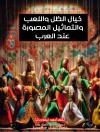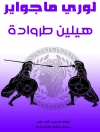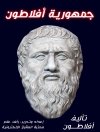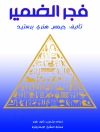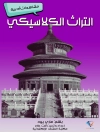As people move through life, they continually shift affiliation from one position to another, dependent on the wider contexts of their interactions. Different forms of material culture may be employed as affiliations shift, and the connotations of any given set of artifacts may change. In this volume the authors explore these overlapping spheres of social affiliation. Social actors belong to multiple identity groups at any moment in their life. It is possible to deploy one or many potential labels in describing the identities of such an actor. Two main axes exist upon which we can plot experiences of social belonging – the synchronic and the diachronic. Identities can be understood as multiple during one moment (or the extended moment of brief interaction), over the span of a lifetime, or over a specific historical trajectory.
From the Introduction
The international contributions each illuminate how the various identifiers of race, ethnicity, sexuality, age, class, gender, personhood, health, and/or religion are part of both material expressions of social affiliations, and transient experiences of identity. The Archaeology of Plural and Changing Identities: Beyond Identification will be of great interest to archaeologists, anthropologists, historians, curators and other social scientists interested in the mutability of identification through material remains.
Tabela de Conteúdo
Identity and Social Change.- Beyond Identification: An Introduction.- Medieval Towns, Modern Signs, Identity Inter-spaces: Some Reflections in Historical Archaeology.- “Either, or, Neither Nor”:Resisting the Production of Gender, Race and Class Dichotomies in the Pre-Colonial Period.- Identity: Category and Practice.- Sexual Subjects: Identity and Taxonomy in Archaeological Research.- The Contribution of Gender to Personal Identity in the Southern Scandinavian Mesolithic.- Identity Politics: Personhood, Kinship, Gender and Power in Neolithic and Early Bronze Age Britain.- Homing Instincts: Grounded Identities and Dividual Selves in the British Bronze Age.- Identity and Place.- “Games, Sports and What-Not”: Regulation of Leisure and the Production of Social Identities in Nineteenth Century America.- Changing Identities in the Arabian Gulf: Archaeology, Religion, and Ethnicity in Context.- Caste in Cuenca: Colonial Identity in the Seventeenth Century Andes.- Natural Histories and Social Identities in Neolithic Orkney.


